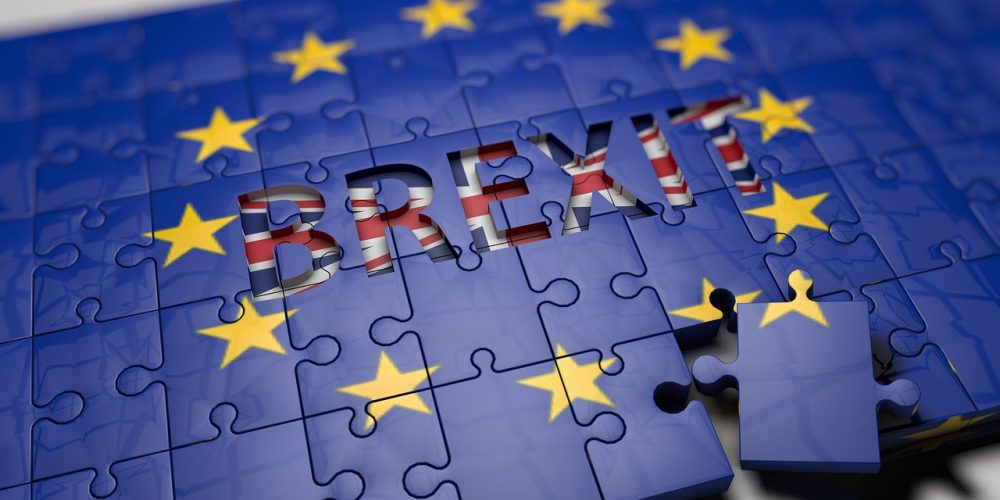British MPs have approved the government’s immigration bill which aims to end EU freedom of movement rules in the UK, one of the key factors that led to Brexit.
The measure has now cleared all stages in the House of Commons after being passed by 342 votes to 248 on Tuesday night. It is next due before the upper chamber, the House of Lords.
The legislation ends rules that have helped millions of EU citizens to live and work in the UK, and will instead give equal rights to people from outside the bloc.
“We’re ending free movement — so people can come here based on their skills, not where they’re from,” the ruling Conservative Party said in a tweet.
The bill facilitates the government’s plans for a new points-based immigration system, without giving details. The aim is to introduce the new scheme in January 2021, following the expiry of the post-Brexit transition period at the end of this year.
This keeps most arrangements from the UK’s EU membership in place for now, including the free movement of EU workers, even though the UK left the bloc on January 31, 2020.
Lawmakers from the opposition Labour Party described the legislation as “punitive” and “discriminatory” against migrant workers. Diane Abbott, a London MP and former Shadow Home Secretary, called it “institutionally racist” in a tweet.
But Home Secretary Priti Patel inferred that the result of the 2019 general election showed the public backed the government’s plans.
“Last year the British people sent a clear message that they wanted to end free movement and our landmark Immigration Bill delivers exactly that,” Patel told Parliament.
“Labour voting against this Bill shows that while their leadership may have changed, their determination to deny the will of the people has not.”
Concerns were also expressed over the rights of unaccompanied child refugees and those being held in immigration centres.
A Labour amendment seeking to continue existing arrangements, allowing unaccompanied child refugees to be reunited with close relatives in the UK, was defeated – despite support from some Conservatives.
A home office minister said the government was committed to the principle of family reunion and supporting vulnerable children, and was working with the EU on new reciprocal arrangements.
Source: euronews


